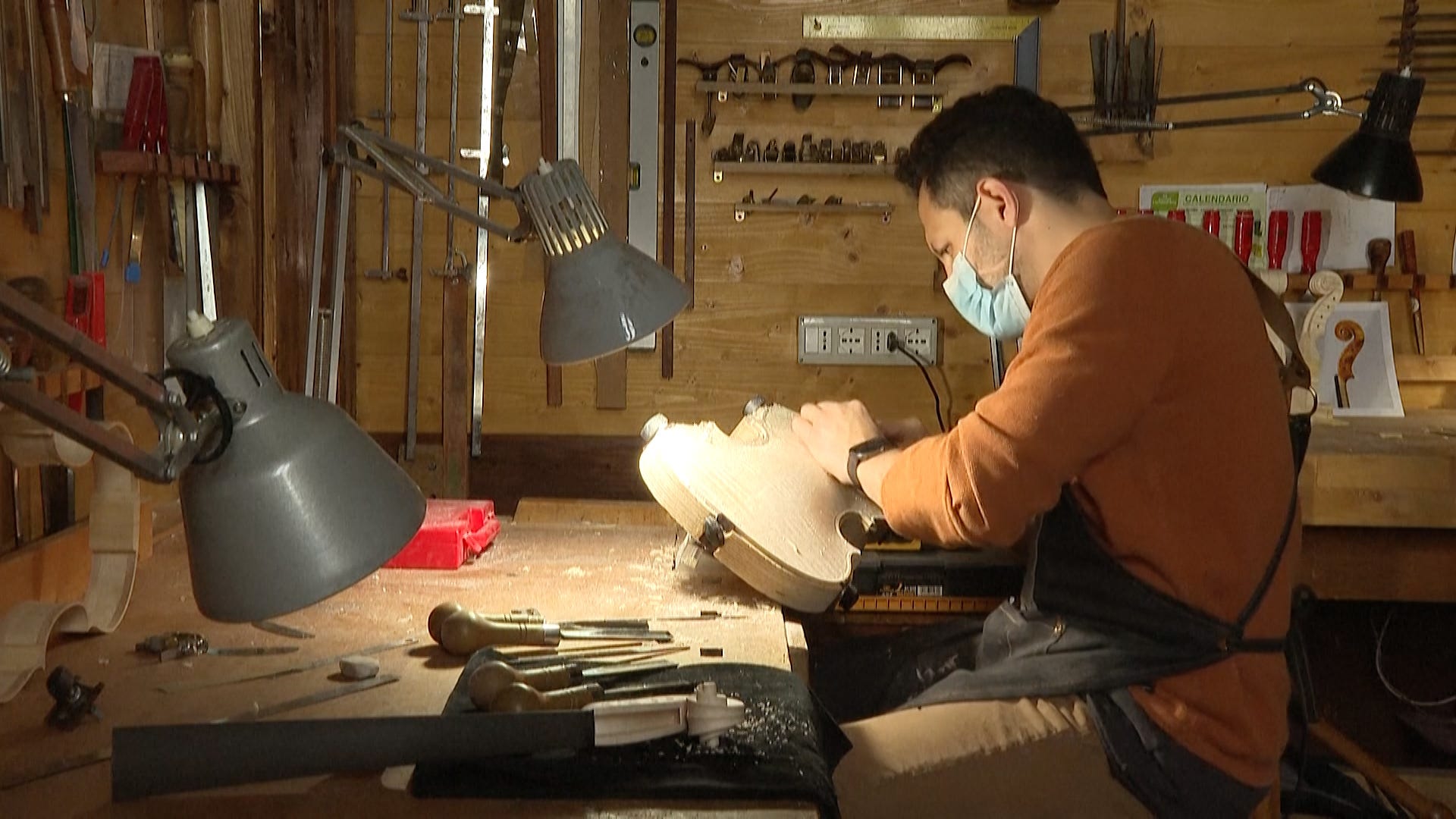- Cremona, Italy, is the world capital of violin-making, and is the birthplace of the famous Stradivarius violins that can be worth millions of dollars.
- But business in Cremona is under threat from a flood of Chinese manufacturers that churn out much cheaper instruments in larger quantities.
- The small market for instruments of the highest quality also forces workshops in Cremona to compete against each other alongside foreign competitors.
- View more episodes of Business Insider Today on Facebook.
The city of Cremona, Italy, is home to about 160 workshops, and is the birthplace of the famous Stradivarius violins that can be worth millions of dollars.
Artisans known as luthiers, or in Italian, “liutai,” have been making some of the best violins, cellos, and other stringed instruments here since the 16th century.
But business in the capital of violin-making may be under threat, facing competition from Chinese manufacturers that churn out much cheaper instruments in larger quantities.
Bénédicte Friedmann, a French luthier living in Cremona, says that the difference between a Chinese violin and a Cremonese one is that "the Chinese ones are the combination of several hands, whereas the artisan violins made in Cremona have the luthier's personality within them."
These instruments have flooded the market as China makes and sells significantly more than any other country, affecting the global trade worth $147 million, according to data from the International Trade Centre.
In 2019, China made more than 1.5 million of the approximately 2 million violins and stringed instruments exported worldwide. Italy, on the other hand, exported only 6,727.

Luthiers in Cremona focus on quality instruments for master musicians over mass-produced ones for beginners, and can take up to three months to create a single violin.
It's this artistry that keeps the prices high. Giorgio Grisales, the president of the local consortium of violin-makers, says master-level instruments can start at $28,000.
But there's a pretty small market for pieces of this quality and price point, which leads the city's workshops to compete against themselves alongside foreign ones.
One of the oldest luthiers in Cremona, Stefano Conia, says his life would be over without the craft.
"I come to the workshop every day. It is an antibiotic for old age," Conia said.
Cremona's luthiers were also hard hit this year when northern Italy became an early epicenter of COVID-19 cases. Besides canceled orders, there were few musicians needing instruments for rare live performances, and even fewer tourists visiting the workshops.
But as Italy recovers and life in Cremona adjusts to a new normal, Grisales, who's been making instruments for more than 30 years, has faith that the art will go on.
"The tradition of making violins will survive if whoever holds the reins of the economy realizes that Cremona and all of Italy is a country of craftsmen," he said.
